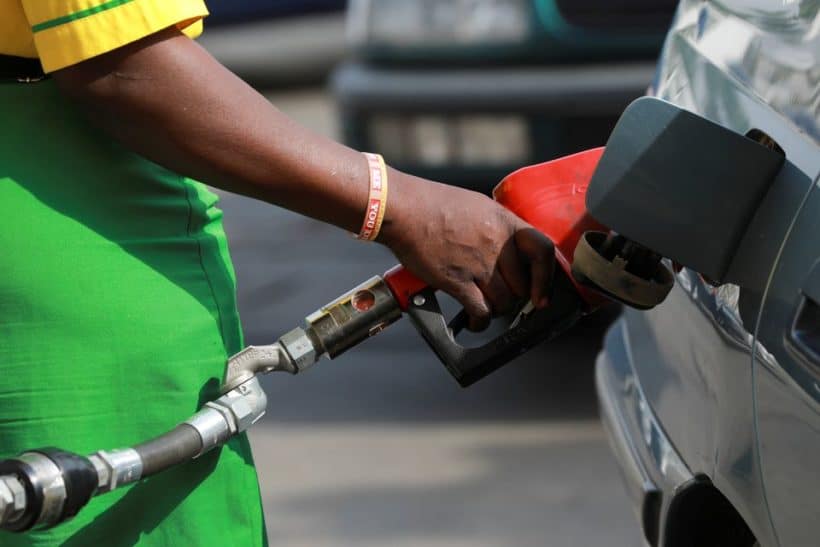
LAGOS, April 30 (Reuters) – Gasoline shortages persisted in Nigeria’s major cities on Tuesday, causing a sharp increase in prices and exacerbating the country’s cost-of-living crisis.
Prices in some retail outlets in Lagos and Abuja rose above 850 naira, while those outside major cities, such as Kano, soared above 1000 naira, though the government-owned oil firm, NNPC Ltd, which imports the products sells at an average price of 617 naira.
President Bola Tinubu’s government last year removed subsidies and allowed private firms to import but foreign currency shortages and a cap on the price of petrol have meant NNPC remains the sole importer.
An NNPC spokesperson said that some outlets were taking advantage of this situation to maximise profits.
Gasoline is widely used in cars and to power generators for households and small businesses and the current shortage is weighing on the economy, which is already struggling with the highest inflation rate in 28 years.
Many commuters were left stranded waiting for buses that were stuck in long queues at various retail stations.
Analysts say the price of basic food items would see a sharp increase if shortages persist. This will add to frustrations after the government raised electricity tariffs for some consumers.
“You have the money for transport but no bus, you have the money for to buy fuel but there is scarcity. No light (electricity), heat everywhere, and high costs of goods. What did we do to deserve our leaders,” someone posted on the X platform.
The NNPC has attributed the shortages to logistical challenges, assuring customers that it has more than 1.5 billion litres of petrol, which was enough to last at least 30 days. But it is in debt and is unable to produce enough crude for its refineries.
(Reporting by Isaac Anyaogu, Editing by Louise Heavens)

